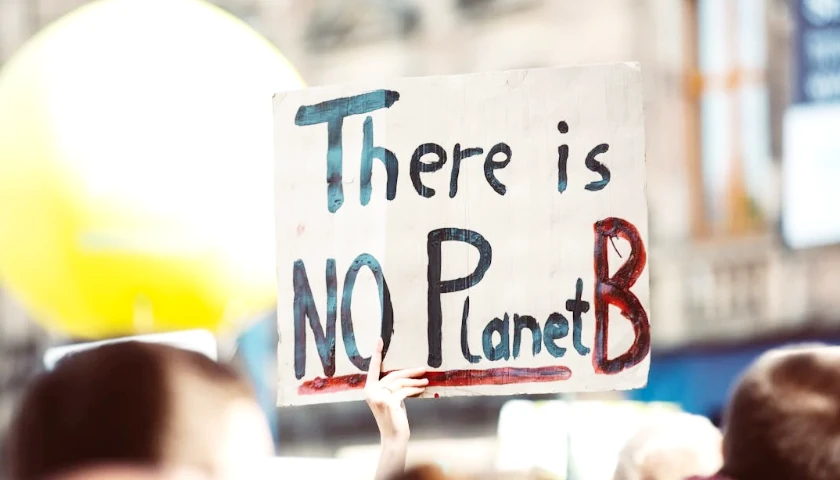by Cole Webb Harter
I went to a Daily Mass on Black Friday last year. The priest didn’t waste too much time with the homily, but he made a few comments about Thanksgiving and a statement about Black Friday which I found hopefully refreshing. He said, “This is a day for the poor.” Of course, he’s right, but how often do we think of Black Friday in those terms? As Thanksgiving and Black Friday approach once again, let us reflect on this concise but incredibly profound statement.
It’s Not About Greed
Black Friday is truly one of the most beautiful examples of capitalism we have around these days. It’s a day when everyone gets richer. The producers get richer because more people are buying their wonderful products, and the consumers get richer because they both come into possession of something they greatly value and because they save a little of their hard earned money in the process. This is what capitalism is all about: mutual enrichment through mutual gift-giving.
Judging by his accent and the color of his skin, this priest is almost certainly an immigrant from a very poor country. He definitely understands poverty, and the fact that he sees something charitable and Christian in a day so often sneered at by Catholics and upper-middle-class Americans in general for its apparent celebration of consumerism and materialism is extremely enlightening. The truth is Black Friday benefits the poor and the working class most of all. The rich don’t need a discount. They buy what they want regardless of the price.
But Black Friday is a day when the fruits of our labor are more abundant and more available for more people. Think about this next time you mock some single mother on food stamps for taking part in a “doorbuster” crowd while trying to get a discount Christmas present for her children. It can be tumultuous, but it’s also a glorious celebration of the humanitarian implications of the free market.
Suspend Judgment
It’s very easy for people to sit back on Black Friday and exempt themselves from the rat race, to hold themselves above all those plebs scrambling for a television at half-price. The neo-Marxist left, and regrettably some libertarians, like to tsk-tsk at these people for being so foolish as to think “useless junk” like TVs and children’s toys and gaming consoles are worth such revelries.
This is the great tragedy of the political philosopher, who thinks he knows what’s best for everyone. “You don’t really need that TV, you don’t really need that new pair of shoes.” To these people I say, get off your morally superior high horse. Who are you to say what people need and don’t need? That is the beauty of voluntaryism and capitalism: it is a descriptive, and not a prescriptive, worldview. Nobody is required, let alone qualified, to decide what’s best for everyone else. In a truly free market, free from government coercion and cronyism, everyone is able to allocate for themselves what resources, goods, and services they deem most valuable and essential.
Mostly we think of Black Friday as a day of crass consumerism, of greed, and irrational attachment to material goods. But just look how good life is. The free market has yielded a surplus unthinkable to even the richest members of society as recent as two hundred years ago. So stop judging and celebrate abundance.
– – –
Cole Webb Harter is a film student at John Paul the Great Catholic University who blogs about film, religion, and libertarianism at The Andalusian Peafowl (colewebbharter.com).





